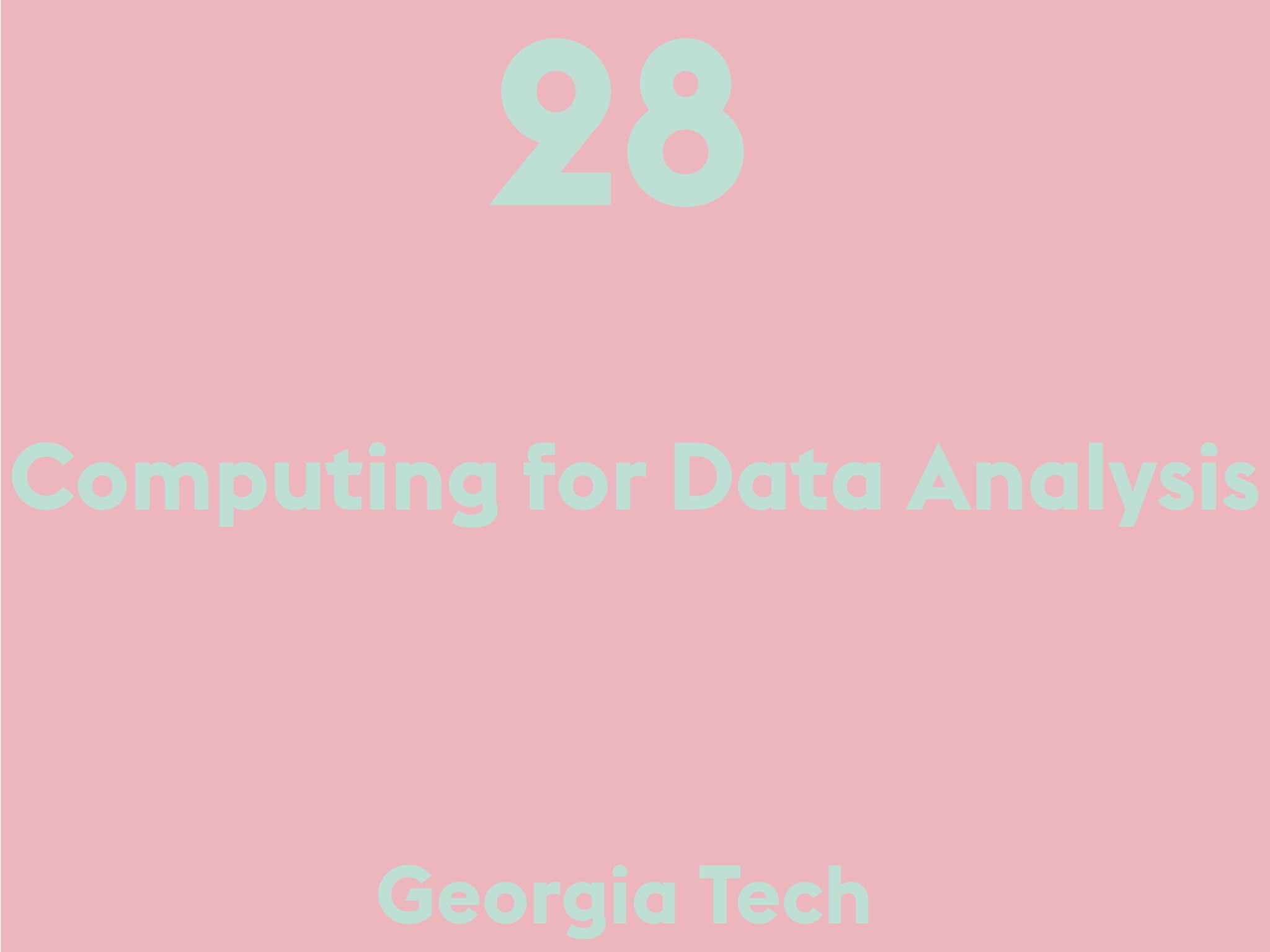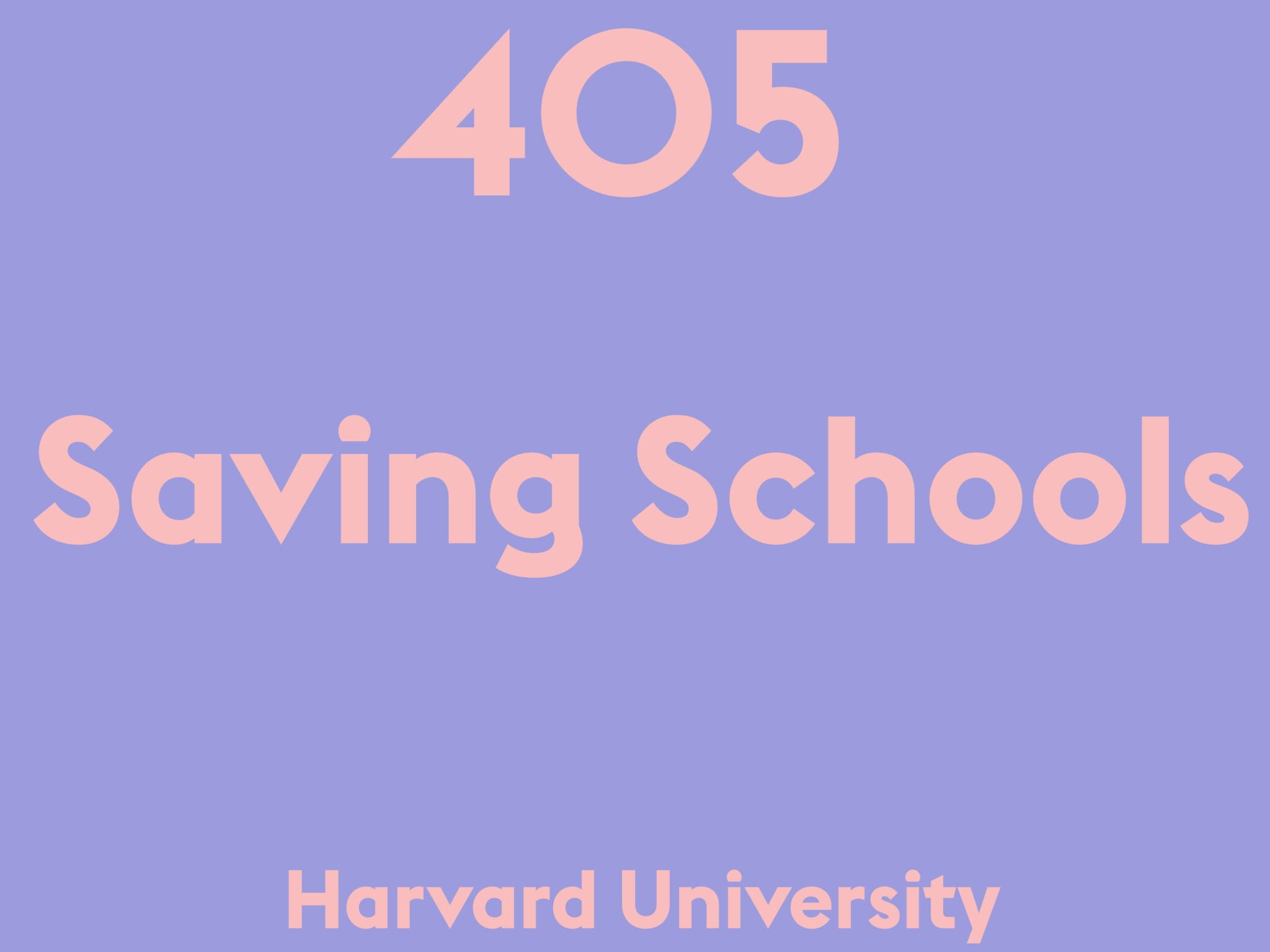Architecture engages a culture’s deepest social values and expresses them in material, aesthetic form. This course will teach you how to understand architecture as both cultural expression and technical achievement. Vivid analyses of exemplary buildings, and hands-on exercises in drawing and modeling, will bring you closer to the work of architects and historians.
The first part of the course introduces the idea of the architectural imagination. Perspective drawing and architectural typology are explored and you will be introduced to some of the challenges in writing architectural history.
Then we address technology as a component of architecture. You will discover ways that innovative technology can enable and promote new aesthetic experiences, or disrupt age-old traditions. Technological advances changed what could be built, and even what could even be thought of as architecture.
Finally, we’ll confront architecture’s complex relationship to its social and historical contexts and its audiences, achievements, and aspirations. You will learn about architecture’s power of representation and see how it can produce collective meaning and memory.
Architecture is one of the most complexly negotiated and globally recognized cultural practices, both as an academic subject and a professional career. Its production involves all of the technical, aesthetic, political, and economic issues at play within a given society. Join us as we examine how architecture engages, mediates, and expresses a culture’s complex aspirations.
This course is eligible for American Institute of Architects (AIA) continuing education units (CEUs). Enroll in the course to learn more about options for earning credit.







